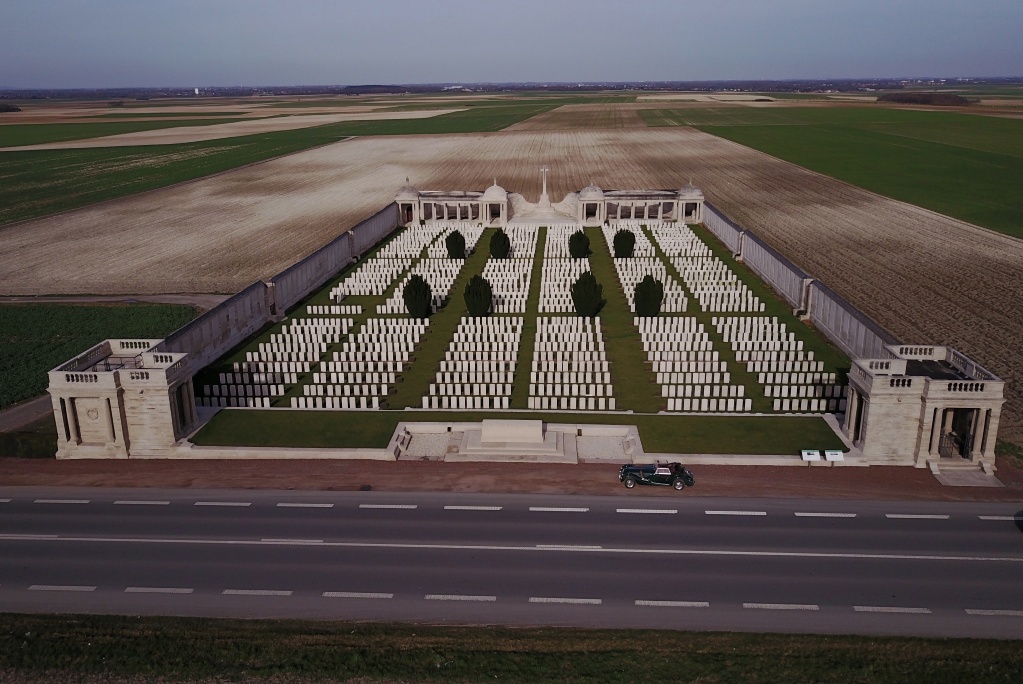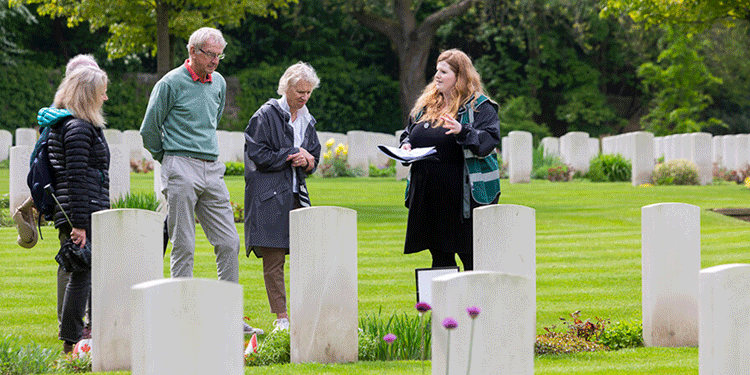
Private SD/2963 Herbert Maskell of the 13th Battalion, Royal Sussex Regiment...
...was born 1894 at Frant, (his enlistment records him being born at Barcombe), the son of Fred Maskell and Maud Smith.
The 1901 census records the family living at Rotherfield. Fred seems not to have been present. Maud, aged 34, was born at Southwold, Suffolk. Children, all recorded are Fred, aged 11, Arthur, aged 10, Herbert, aged 6, Cyril, aged 4, Gladys, aged 5, Jessie, aged 2 and Percy, aged 10 months, all except for Gladys, born at Blything, Suffolk, are recorded as being born at Rotherfield.
The 1911 census records the family living at Hope Villas, High Cross, Rotherfield. Fred, aged 50 was born at Mayfield and Maud, aged 46 is also now recorded as born at Mayfield and neither have any occupation. The couple had been married for fifteen years and had produced five children, all still alive. Children recorded are Herbert, aged 16, employed as a garden boy-domestic, Gladys aged 15, born at Blything, Suffolk, Cyril aged 14, a “cow boy on farm”, born at Rotherfield as were Jessie, aged 12 and Percy, aged 10. Boarding with the family was Arthur Stace, aged 24, born Maddingly, Cambridge and employed as a chauffeur domestic.
Herbert enlisted at Lewes and went to France. He was reported as missing in action on the 30th of June 1916 and this was later taken as his presumed date of death. He has no known grave and is remembered on the Loos Memorial which commemorates the names of 20,588 men of the Commonwealth forces who died with no known grave. Additionally, the cemetery contains the graves of almost 3,000 Commonwealth dead.
The Kent and Sussex Courier for the 4th of May 1917 reports on the fortunes of the Maskell family at war as well as the death of Herbert.
The paper starts by recording that Herbert’s brother Sergeant Arthur Maskell of the Manchester Regiment had been awarded the Military Medal for distinguished conduct in the field and that he had obtained his Sergeant's stripes after only a year in the army. He was the family’s eldest son and had joined the Royal Sussex Regiment on the 15th of February 1916 before being transferred to the Manchester Regiment on the 21st of June. He was married and before the war had worked at Woolwich Arsenal but now resided at Ferndale, Rotherfield. There were two other brothers serving in the army.
Cyril Maskell, who was wounded on the 11th and died in France three days later. He had been wounded in June 1916 and had returned to England for several months before returning to France in December; before joining up he had worked at the Eltham hutments. The K&SC for the 30th of March had recorded that both of Cyril’s parents were invalids and that the regimental Chaplain had written to say that Cyril had been buried in the British Cemetery and a cross had been erected. (see note below)
The paper then reported on the death of Herbert. It was noted that Herbert was the second son of the family and reported that Herbert had officially been reported killed “about three weeks ago”, having been reported missing since the 30th of June 1916.
Herbert was 23 years old and had enlisted into the Royal Sussex Regiment in the early months of the war before going to France in June 1916, at the same time as his brother Cyril. The two brothers only being parted five minutes before the start of the “big push” was begun in the early hours of the 30th June, after which Herbert was not heard of again. In civil life, Herbert had worked for Mr T H Mann of Trull’s Hatch, Rotherfield.
Battle of the Boar’s Head, 30th June 1916.
Herbert had died during the Battle of the Boar’s Head, so called because of the shape of the front line at Richebourg l’Avoue where the battle took place. The battle also earned itself the terrible title “The day that Sussex died”.
The offensive on the Somme was to begin on the 1st of July and the army High Command decided that a huge attack elsewhere on the front line might divert German troops to that area, away from the Somme.
Troops of the 39th Division, XI Corps were to mount the attack and the 11th, 12th and 13th Battalions of the Royal Sussex Regiment were to take a major part in what was officially termed as “a raid”.
The attack began at 03.05 hours following a heavy artillery bombardment which failed to significantly destroy the German defences and although sections of the German trenches were taken and held for several hours before the troops withdrew, casualties were heavy and given as between 850 and 1,360;
Much bravery was displayed during the day which resulted in the Victoria Cross being awarded to Company Sergeant Major Nelson Victor Carter of Hailsham. Of the men of the Royal Sussex Regiment, 15 officers and 364 other ranks were killed or died of wounds and another 700 wounded.
The “Soldiers Died” records show 243 of the dead were born in Sussex, a casualty toll that had a devastating effect upon many communities in the county. The irony of that awful day is that in spite of the casualties, it achieved nothing as the Germans realised the reason for the attack and left their troops on the Somme to face the assault there on the following day.
Cyril Maskell.
Cyril’s full name was Alfred Cyril Maskell. He enlisted at Deptford into the Royal Sussex Regiment as Private G/6659 and was posted to the 9th Battalion. His enlistment details give his birth place as Groombridge. He died of wounds on the 15th of March 1917 and is buried in Lapugnoy Military Cemetery, France. He is listed as “AC” Maskell on the CWGC site (he cannot be found by searching for Cyril Maskell); his surname is mis-spelt on the grave register as “Maskill”, but is correct on the Roll of Honour. Cyril’s name does not appear on Eridge War Memorial and has yet to be found on any other locally.


